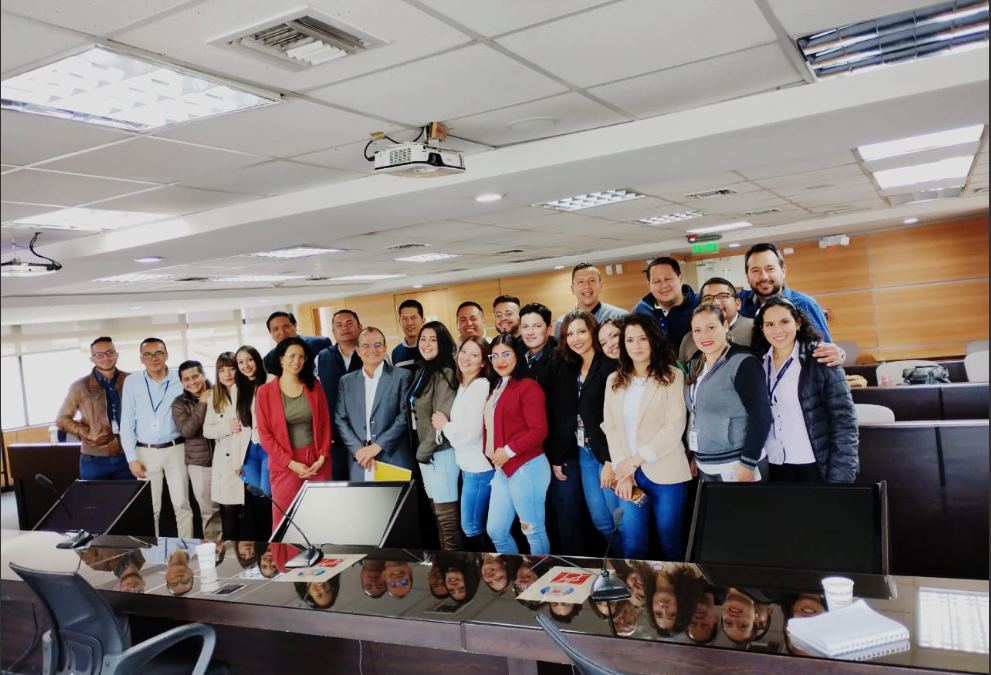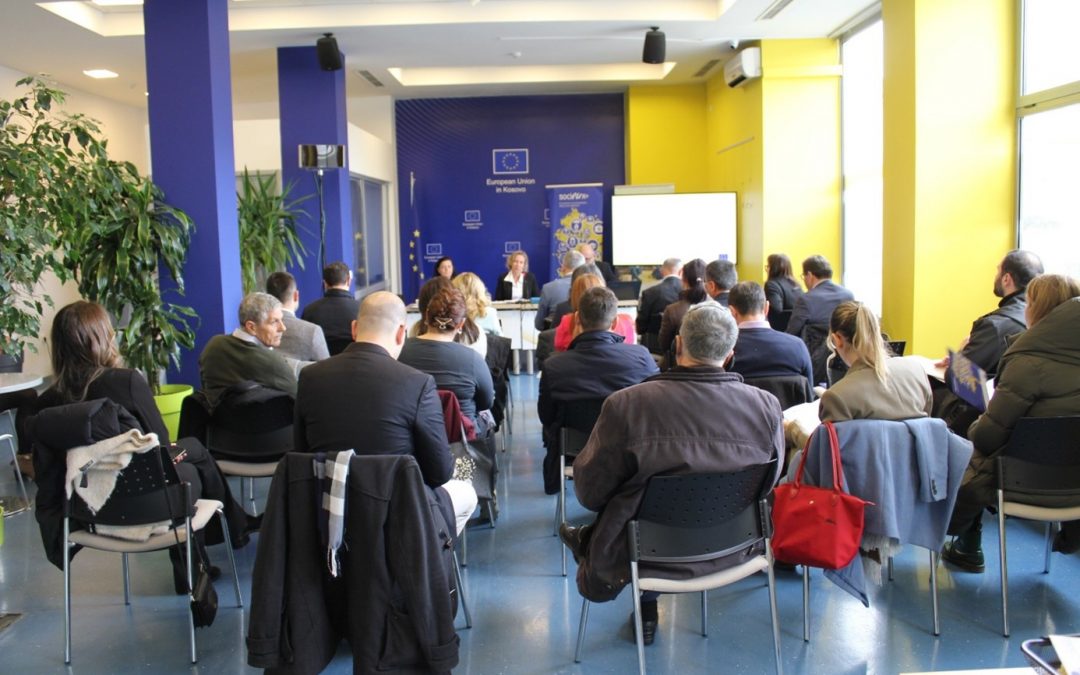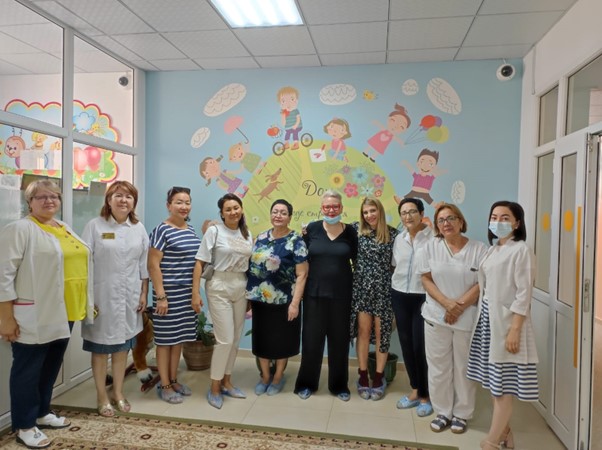-
Supporting integration of NEETs into labour market
- Start activities
- 15-06-2022
- End activities
- 15-05-2023
- Partner Institution
- National Agency for Employment
- Type of Assistance
- Organisational capacity building
- Code
- 2021-26
- Description
- The National Employment Agency (ANOFM), the public employment service of Moldova, seeks to provide better and more specialized support to young people who are not in education, training, or employment (NEET), a big and particularly vulnerable group far from labor and often missed by public services, who need a targeted approach and tailor-made accompaniment. As a result of the joint action of SOCIEUX+ and ANOFM first, the assessment was conducted concerning the situation in Moldova and the needs of the ANOFM to reinforce the services provided to this group of users, then some tools were proposed, with a specific focus on coordination mechanisms to ensure global comprehensive accompaniment of beneficiaries, and on operational work of job counsellors via capacity building sessions. At all stages of cooperation, EU good practices were shared by the experts from Belgium, Latvia, France, and Sweden and discussed from the point of view of their relevance for Moldova context.
-
Set-up of a foster care system for minors without parental support and protection
- Start activities
- 23-05-2022
- End activities
- 24-03-2022
- Partner Institution
- Commissioner for Children's Rights
- Type of Assistance
- Institutional capacity building
- Code
- 2021-24
- Description
- In Kazakhstan, the Commissioner for Children’s is engaged into deinstitutionalization reform as a lead of a consortium of NGOs, childcare institutions, and state administration. Professional foster families are considered an alternative to institutional placement for children without parental care. Through the peer-to-peer cooperation with the experts from Croatia and the Czech Republic, a set of methodological guidelines was developed with recommendations for different stages of working with foster families, from identification and selection to continuous support and evaluation. The outputs of the action also include the training curricula for prospective foster parents elaborated on the basis of EU countries best practices and good examples from Kazakhstan organizations. Finally, the action was an occasion for the partners to discover the practical set up of alternative care and services provision for vulnerable children during a study visit to Czech Republic (Prague, Pardubice).

SOCIEUX+’s cooperation with public employment services: Latest trends and cases
Workshop on services to employers held in Quito, Ecuador, with public experts mobilised by SOCIEUX+ (from the Spanish public employment service SEPE and the Swedish service Arbetsformedlingen) and the team of Encuentra Empleo, Ministry of Labour of Ecuador, May 2022....
SOCIEUX+ cooperation opportunities and information session in Kosovo
Attendees at the SOCIEUX+ information session, co-hosted by Europe House and the EU Office in Kosovo*. The Europe House in Pristina, the capital of Kosovo*, hosted an information session for potential partners of SOCIEUX+ within the framework of the Facility’s...


